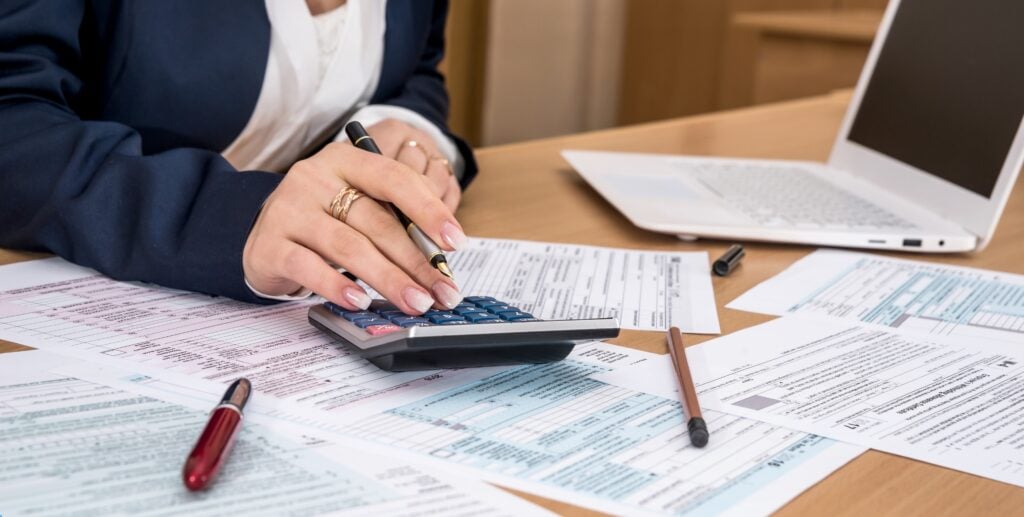Don’t Let Real Estate Tax Mistakes Drain Your Wallet
Navigating the intricate landscape of real estate can be daunting for even the most seasoned property owners. Among the myriad of complexities, real estate taxes often present challenges that can significantly impact your financial well-being. With property taxes constituting a major expense, it’s easy to see how missteps in this area can lead to unnecessary financial burdens. This article delves into some common real estate tax mistakes and offers guidance to help you safeguard your wallet.
Understanding Property Taxes
Property taxes are levied by local governments and are typically based on the assessed value of your real estate. These taxes fund vital services such as education, emergency services, and infrastructure maintenance. Despite their importance, many homeowners either overlook or misunderstand the intricacies involved, which can lead to costly errors.
Common Mistakes and How to Avoid Them
1. Misunderstanding Property Valuation
One of the most common mistakes involves misunderstanding how property values are assessed. Many homeowners blindly accept the assessor’s evaluation without realizing that slight inaccuracies can lead to inflated tax bills. To avoid overpaying, review your property assessment regularly. Compare it to similar properties in your area and appeal if necessary. Engaging a professional appraiser can provide additional assurance that your property is correctly valued.
2. Neglecting to Claim Tax Deductions and Exemptions
Missing out on available tax deductions and exemptions can significantly drain your wallet. Many jurisdictions offer exemptions for primary residences, veterans, seniors, and more. Investigate local regulations to ensure you’re receiving every benefit you qualify for. Keep abreast of legislative changes annually as tax laws can change frequently.
3. Overlooking Tax Payment Deadlines
Late payments can lead to penalties and increased interest, which is an unnecessary expense. Implement a reliable system to track payment deadlines. Setting up reminders or automatic payments can ensure that you don’t miss important dates and incur avoidable fees.
4. Failing to Consider Property Tax Implications When Buying or Selling
Real estate transactions can dramatically affect your tax situation. Buyers and sellers often overlook the tax implications involved. For instance, purchasing a property with expectations based only on the seller’s tax payments could lead to unpleasant surprises when reassessment occurs. Consult with a real estate advisor or tax professional to understand potential tax changes and plan accordingly.
5. Ignoring Opportunities for Tax Appeals
If you believe your property tax assessment is inaccurate, you have the right to appeal. However, many homeowners are unaware of this or assume the process is too burdensome. Educate yourself about the appeal process in your jurisdiction and gather substantial evidence, such as recent sales of comparable properties, to strengthen your case. Successful appeals can significantly reduce your tax burden.
Strategies for Effective Management
Proactively managing your real estate taxes requires both diligence and strategic planning. Regularly reviewing tax documents, staying informed about local tax laws, and seeking professional guidance are crucial steps. Establishing a good relationship with a real estate attorney or tax consultant can provide invaluable insights and assistance.
Incorporating these strategies can go a long way in preserving your financial resources. By staying informed and proactive, you can mitigate the risk of falling into common pitfalls associated with real estate taxes.
Conclusion
Real estate taxes are an unavoidable aspect of property ownership, but they need not be a significant financial strain. By understanding the common errors and implementing preventative measures, you can maintain control over your financial obligations. Careful planning and informed decision-making are your top allies against unnecessary tax expenditures. Take control today to protect your wallet and ensure that your investment remains a source of wealth and security.

